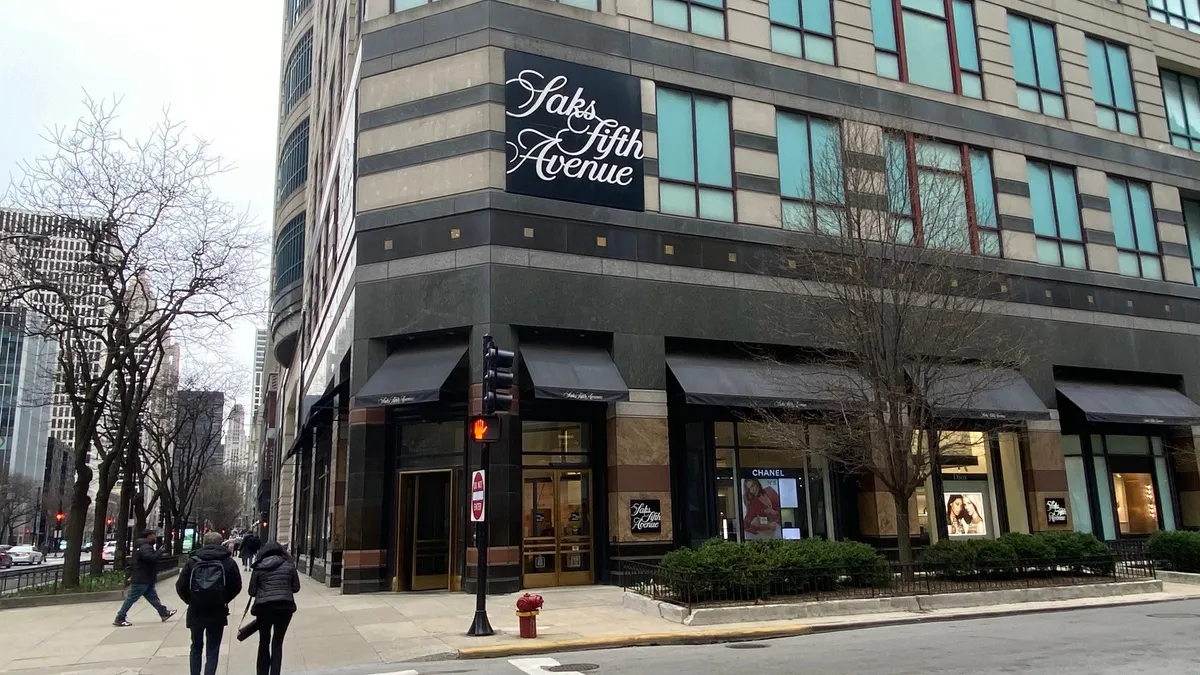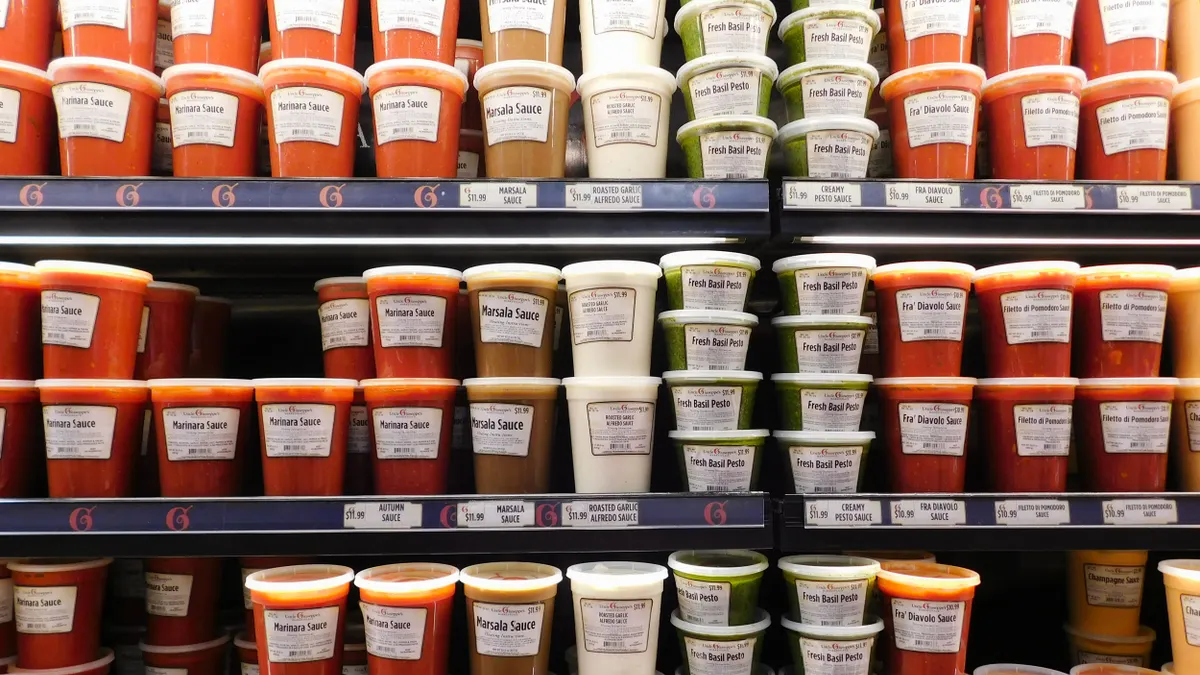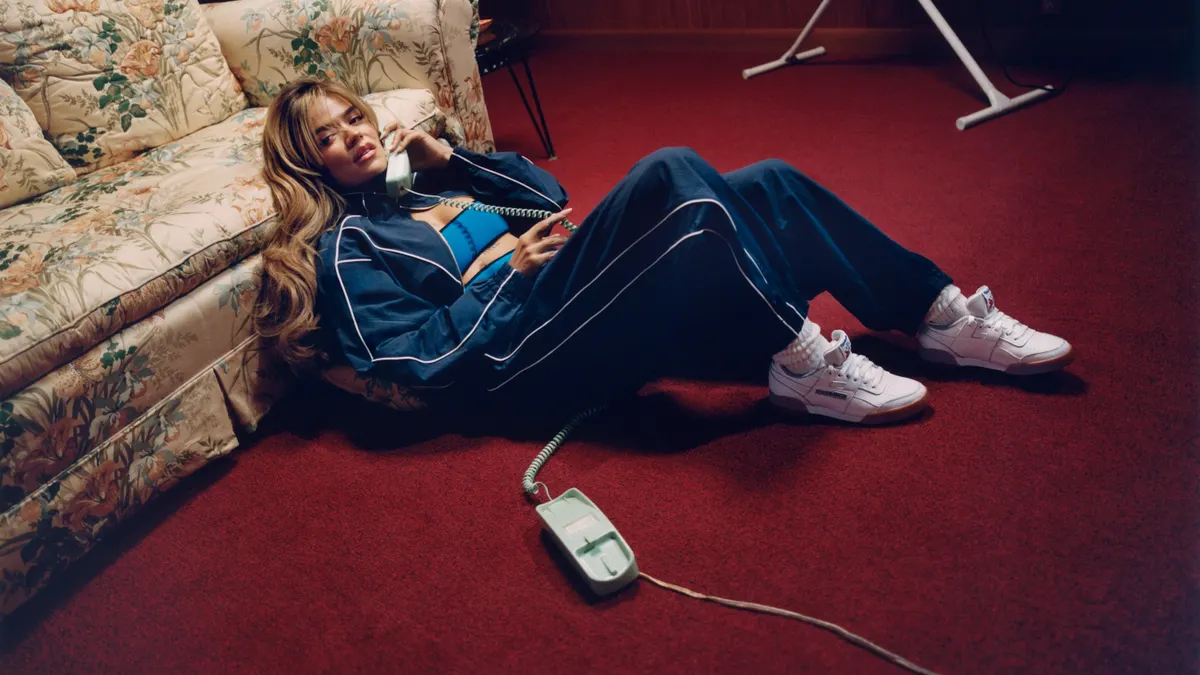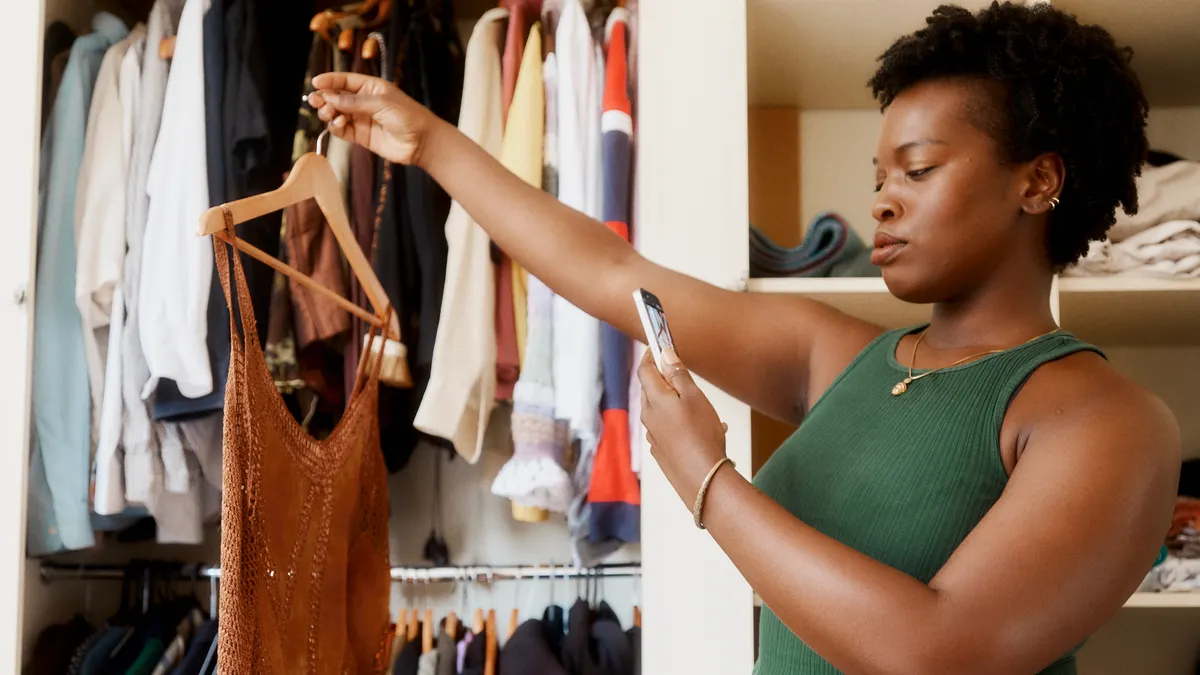In an eighties-themed Super Bowl ad, RadioShack poked fun at its own outdated image — then closed several underperforming stores soon after. Despite its many store closures RadioShack, like many retailers, is nevertheless investing in brick-and-mortar “concept stores” that it believes will help sell its brand — and its products — to customers.
The idea of a concept store is one that goes beyond the traditional ho-hum experience of simply browsing shelves and making a purchase. But that idea has, in many ways, evolved from being a special destination to the only way stores can exist in times of omni-channel marketing and high customer expectations.
Customer service with a smile
In many ways, Sears has hit rock bottom when looking at the condition of its physical stores, many of which are reportedly dimly lit, poorly stocked, and lacking much help from store associates. There is no question that these neglected Sears locations are giving shoppers little reason to schlep to the store. They might as well order what they need online (and maybe not even from Sears, depending on what they’re looking for).
One thing today’s physical stores should have is possibly something they should have always had: attentive staff. Apple Stores have become legendary in this area, and many retailers are finally learning from their success.
Meanwhile, though, there is a 21st century twist on retail’s idea of stellar customer service. While shoppers want to be acknowledged and expect some help, store associates should also recognize that they may have already done a lot of research ahead of getting to the store. Sometimes the best customer service entails sussing out that a customer has already picked out her choices, and simply wants to try things on one last time before making a purchase.
Opportunities to touch, feel, try
RadioShack’s concept store is described by the company as an “electronics playground.” These stores, more of which will open in many locations nationwide over the next few months, include a tablet-controlled speaker wall, interactive displays, an Idea Center for shoppers to develop and test inventions, and beefed up displays. Many retailers selling high-tech devices are employing this sort of science-museum approach.
But the full service playground approach isn’t regulated to purveyors of high-tech devices. Online beauty retailer Birchbox is opening its first brick-and-mortar store next month in Manhattan with a wide range of services to be enjoyed by its customers. Birchbox will not only provide customers with opportunities to try its merchandise, but also to get advice and personalized services, design their own packages of products, and receive spa and hair services.
And technology isn’t useful to only gadget sellers, either. Shoe stores, which already enjoy a brick-and-mortar advantage over online because of customers’ preference to try on shoes, have embraced fitting technology. At an Aetrex concept store, for example, shoppers can get their feet digitally scanned and receive advice that helps them with health and wellness issues, as well as finding the shoes they want.
Communicating the ethos of a brand
What Apple has managed to do through its stores is communicate the very ethos of its brand: great design, smart technology, some amount of whimsy, all within a people-oriented company.
Third-party companies are happy to be featured in Apple stores because this halo effect hovers around them, too. Apple carefully curates the outside brands it sells, giving customers a further sense that what is in the stores has been mindfully chosen with their best interests in mind.
Urban Outfitters is another retailer that takes care to greet customers, keeps staff close by to help them, and works with customers to find an item or size that may not be in a particular store. As a curator of items beyond clothes, from vinyl records and headphones to books and household items, the retailer also chooses things that mesh with its brand, which includes some mixture of cool and campy (and, some would say, painfully hipster).
The retailer’s new concept store in Brooklyn takes this curation model to a new level, and includes locally made artisanal products as well as the mixture of things found at most Urban Outfitters stores.
Recently, Sunglass Hut has taken the concept store idea to the mall kiosk with Shaded. Shaded kiosks incorporate a photo booth with photo-sharing technology and new eye-catching kiosk design.
When it comes to their physical stores, retailers are increasingly faced with either taking their customer experience up a notch, or reducing their physical footprint. Very soon, the ordinary brick-and-mortar store will no longer be quite so ordinary. Put it another way, the concept store — a store that provides more than products on shelves — will, perhaps, become the run-of-the-mill retail experience.
Would you like to see more retail news like this in your inbox on a daily basis? Subscribe to our Retail Dive email newsletter! You may also want to read Retail Dive's feature looking at the rising popularity of streetcars in cities.























